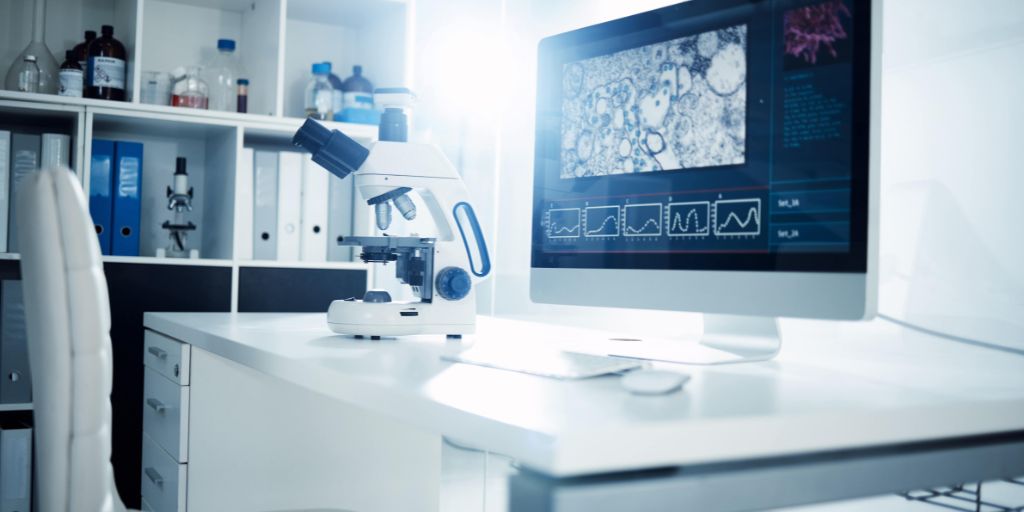
JERUSALEM, June 5, 2024 – An innovative, new method that highly accurately predicts cancer cell behavior could advance cancer diagnosis and treatment has been developed by researchers at the Hebrew University of Jerusalem.
The new diagnostic tool discussed in Science Advances uses a novel method combining nano informatics and machine learning (ML) to classify cells based on the uptake of cell particles with diverse sizes. It could also enhance personalized medicine by facilitating rapid and accurate testing of cancer cell behaviors from patient biopsies, leading to the development of new clinical tests to monitor disease progression and treatment effectiveness.
Current diagnostic methods like imaging scans and tissue biopsies are invasive, expensive and time-consuming, leading to delays in treatment and potential misdiagnoses. These approaches also may not capture the dynamic nature of cancer progression offering limited insights into the disease’s behavior at the cellular level. As a result, there is an urgent need for more effective and non-invasive diagnostic tools.
Doctoral student Yoel Goldstein and Prof. Ofra Benny from the Hebrew University School of Pharmacy in the Faculty of Medicine led the study, in collaboration with Prof. Tommy Kaplan, Head of the Department of Computational Biology at the School of Engineering and Computer Science.
The initial phase involved exposing cancer cells to particles of various sizes, each identified by a unique color. Subsequently, the precise quantity of particles consumed by each cell. Machine learning algorithms then analyzed these uptake patterns to predict critical cell behaviors, such as drug sensitivity and metastatic potential.
“Our method is novel in its ability to distinguish between cancer cells that appear identical, but behave differently at a biological level,” Goldstein says. “This precision is achieved through algorithmic analysis of how micro and nanoparticles are absorbed by cells. The ability to collect and analyze new types of data brings up new possibilities for the field, with the potential to revolutionize clinical treatment and diagnosis through the development of new tools.”
The research has paved the way for new types of clinical tests that could significantly impact patient care,” says Prof. Benny. “This discovery allows us to potentially use cells from patient biopsies to quickly predict disease progression or chemotherapy resistance and could also lead to innovative blood tests that assess the efficacy of targeted immunotherapy treatments.”












